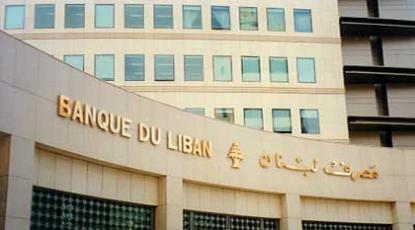 BEIRUT – A Lebanese state prosecutor on Sunday banned traders and money exchangers from taking significant amounts of physical dollar currency out of the country at air and land borders, state news agency NNA said.
BEIRUT – A Lebanese state prosecutor on Sunday banned traders and money exchangers from taking significant amounts of physical dollar currency out of the country at air and land borders, state news agency NNA said.
The order, which it said was issued by Public Prosecutor Ghassan Oueidat, imposed the ban until the central bank determines a new mechanism for regulating such transfers, NNA reported.
People had previously been able to take large sums of dollar cash out of Lebanon with a permit from customs authorities.
“The customs directorate will subject the transfer of funds to the mechanism that Lebanon’s central bank will determine,” NNA said.
Eleven days of nationwide protests have caused banks to be closed for eight working days. The country’s banking association said banks would remain closed until stability is restored, amid growing fears that a rush to withdraw savings when they reopen could deplete dwindling foreign currency deposits.
Separately, Central Bank Governor Riad Salameh said in a statement on Sunday that currency exchangers must be licensed by the central bank to move funds, do it through licensed companies or apply for a license.
“Then there are no restrictions on the amounts shipped and there is no need to request prior authorization,” the central bank statement said.
“The Lebanese exchange market will remain a free market in accordance with the current [central bank] laws and circulars. The BDL will not issue any new circular on this subject,” it said.
As protests grip the country, Lebanon’s banking association has held meetings in recent days in search of a way to reopen banks without triggering a run on deposits.
The historic wave of protests in Lebanon is targeted against political leaders blamed for corruption and steering the country toward economic collapse. There is no sign of moves toward a compromise between the government and protesters, whose demands include its resignation.
Lebanon, where the Lebanese pound currency is pegged to the dollar, is one of the world’s most heavily indebted states.
Capital inflows needed to finance the state deficit and pay for imports have been slowing down, generating financial pressures not seen in decades, including the emergence of a parallel market for dollars.
REUTERS

Leave a Reply
You must be logged in to post a comment.